Filter by

Empire, colonialism, and the human sciences:troubling encounters in the Ameri…
For readers interested in the history of science, Indigenous studies, Latin American studies, and studies of empire and colonialism, this volume offers a revisionist history of research encounters in the human sciences in imperial and colonial contexts in the Americas and the Pacific. This title is also available as Open Access on Cambridge Core
- Edition
- -
- ISBN/ISSN
- 9781009398152
- Collation
- 388 p
- Series Title
- -
- Call Number
- 325.8 WAR e
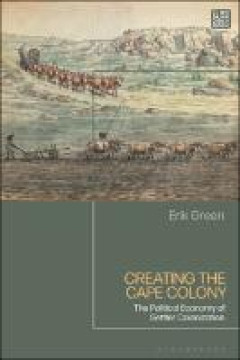
CREATING THE CAPE COLONY :the political economy of settler colonisation
This open access book offers a detailed study of the foundation and expansion of the Dutch Cape Colony to ask why certain regions in the global south became European settler societies from the 16th century onwards. Examining the different factors that led to the creation of the Cape Colony, Erik Green reveals it was a gradual process, made up of ad hoc decisions, in which the agency of indigeno…
- Edition
- -
- ISBN/ISSN
- 9781350258259
- Collation
- viii, 192p.
- Series Title
- -
- Call Number
- 916.8044 CRE g
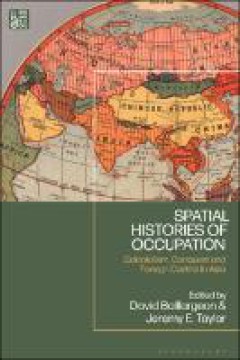
Spatial histories of occupation :colonialism, conquest and foreign control in…
This open access book explores how different spatial geographies emerged, adapted or were transformed in various occupied and colonial settings around Asia, showing how the experiences of those living under occupation shaped and was shaped by new interpretations and typologies of ‘space’. With case studies across South, Southeast and East Asia and through a variety of disciplinary perspecti…
- Edition
- -
- ISBN/ISSN
- 9781350252622
- Collation
- xii, 264p.
- Series Title
- -
- Call Number
- 950.4 SPA b
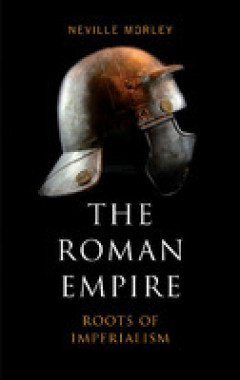
The Roman Empire; Roots Of Imperialism
A millennium and a half after the end of the period of its unquestioned dominance, Rome remains a significant presence in western culture. This book explores what the empire meant to its subjects. The idea of Rome has long outlived the physical empire that gave it form, and now holds sway over vastly more people and a far greater geographical area than the Romans ever ruled. It continues to sha…
- Edition
- -
- ISBN/ISSN
- 9781849645478
- Collation
- Knowledge Unlatched (KU)
- Series Title
- -
- Call Number
- -
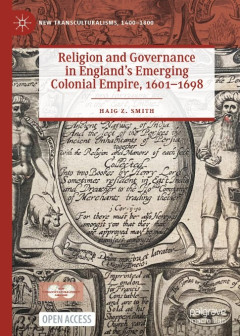
Religion and Governance in England’s Emerging Colonial Empire, 1601–1698
This open access book explores the role of religion in England's overseas companies and the formation of English governmental identity abroad in the seventeenth century. Drawing on research into the Virginia, East India, Massachusetts Bay, Plymouth, New England and Levant Companies, it offers a comparative global assessment of the inextricable links between the formation of English overseas gov…
- Edition
- -
- ISBN/ISSN
- 9783030701314
- Collation
- xi, 292 p.
- Series Title
- -
- Call Number
- 909.097124106 REL H
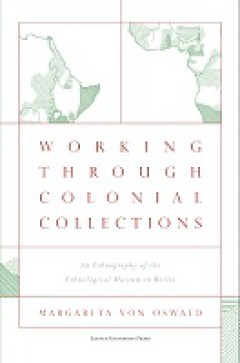
WORKING THROUGH COLONIAL COLLECTIONS :an ethnography of the ethnological muse…
Reckoning with colonial legacies in Western museum collections What are the possibilities and limits of engaging with colonialism in ethnological museums? This book addresses this question from within the Africa department of the Ethnological Museum in Berlin. It captures the Museum at a moment of substantial transformation, as it prepared the move of its exhibition to the Humboldt Forum, a new…
- Edition
- -
- ISBN/ISSN
- 9789462703100
- Collation
- 321p.; ill.
- Series Title
- -
- Call Number
- 301 WOR v
 Computer Science, Information & General Works
Computer Science, Information & General Works  Philosophy & Psychology
Philosophy & Psychology  Religion
Religion  Social Sciences
Social Sciences  Language
Language  Pure Science
Pure Science  Applied Sciences
Applied Sciences  Art & Recreation
Art & Recreation  Literature
Literature  History & Geography
History & Geography